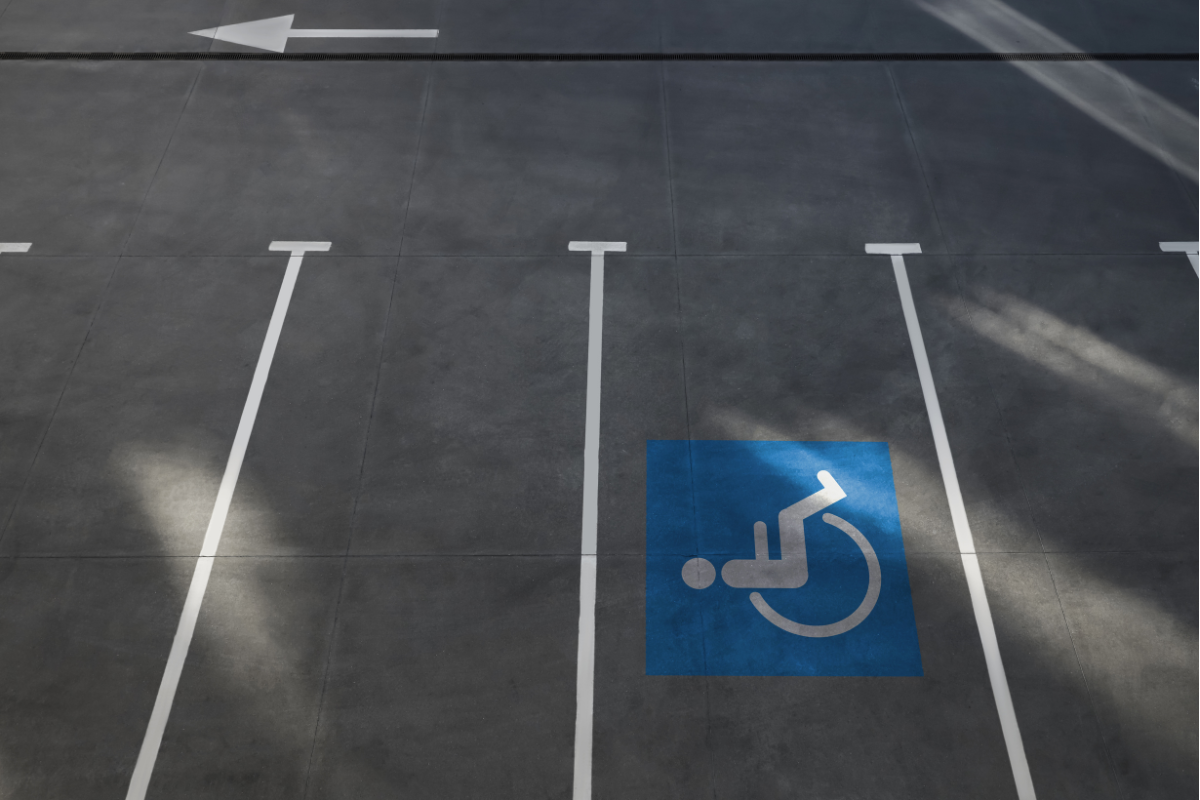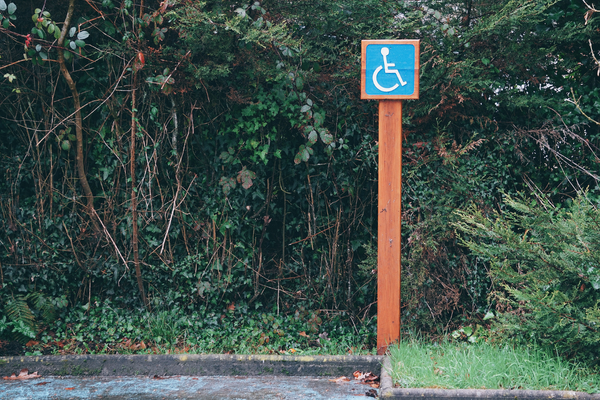9/29/25 - A small reversal, devaluing disabled lives, and adaptive sports


Good afternoon!
I'm sorry I skipped Friday's newsletter. I was still feeling pretty rotten. I'm better now though, so here are three more disability-related links to start a new week.
Also, if you haven't already, please subscribe, free or paid, consider a one-time donation, and/or share this newsletter with your networks and social media feeds. Anything you can do to help expand the reach of Disability Thinking Weekday will be much appreciated.

CDC scraps new work requirement for disabled workers after major backlash
Dallas Gagnon, MassLive.com - September 25, 2025
"The next day, Sept. 16, the Office of the Chief Operating Officer sent a newsletter out to employees stating the U.S. Department of Human Health Services updated its telework policy and no longer included long-term telework as a reasonable accommodation for workers with disabilities ... The decision was reversed just three days later, at least temporarily ... In an email obtained by USA Today, the CDC Office of Human Resources told employees the policy was 'put on hold,' and they could continue working from home for the time being."
I saw quite a few articles on the CDC's decision to stop allowing work from home as a disability accommodation for its employees with disabilities, but very little about the fact that the agency has apparently put this decision on hold, at least for a while. Based on the available information and my own speculations, I see two possible explanations for what happened here:
- New, inexperienced bureaucrats at he CDC didn't fully realize that working from home is a commonly protected accommodation under the Americans with Disabilities Act, and are now trying to figure out what to do, or
- The people running the CDC now knew full well that they were setting up a clash between the ADA and Trump Administration's vendetta against working from home. Maybe they hope to use the clash to weaken the ADA itself, and not just within the CDC.
Whatever the reasons, it's obviously a case worth following closely, with implications for disabled people far beyond those who happen to work at the CDC.
When coercion in care makes Kilmeade’s “just kill ’em” thinkable
Shannon Pagdon, Disability Visibility Project - September 26, 2025
"Back home, I read Brian Kilmeade’s words on Fox News: “Why not just give them involuntary lethal injections? Just kill ’em.” He has since apologized. But the damage is in the saying, and in the way his “apology” treated it as a slip of the tongue, as if suggesting state-sanctioned execution of homeless people were simply a bad joke. What was missing was recognition of the history he touched, the fear such words ignite, and the responsibility that comes with a national platform."
Existential threats – or, "They want us to die" rhetoric – occupy a tricky space in disability culture. Saying that government, or politicians, or other authorities want disabled people to die sounds unhinged and farfetched to most casual observers, maybe even to most disabled people. It might often be an exaggeration, or a misreading of what exactly drives large-scale harm done to disabled people. On the other hand, sometimes real politicians and commentators really say it, and apparently mean it. And many, if not most disabled people feel – right on the surface or just underneath it – that a lot of people, on the whole, think it would be better if we weren't here, or if we would just get on with it and die. It is realistic, both historically and personally, to know that one of the common responses to us as disabled people is to think that we should die, or at least go away decisively in some way. Dire statements about disabled people seem especially prone to being paranoid and prescient at the same time.
Active Project: The Digital Home for Adaptive Sports
The Kelly Brush Foundation
"Help build the largest community of adaptive athletes, programs, and opportunities. Explore sports, connect with programs, and engage with others who share a passion for an active lifestyle—all for free!"
This isn't an article but a website. I can't vouch for the organization's importance or reliability, mainly because I don't know much about adaptive sports. But the site does seem to have the components you'd want to see in a resource for sports and outdoor recreation for people with disabilities. And something like this resource begins to give some needed shape and coherence to a field of activity littered with small, highly specialized, isolated programs. I hope this effort turns out to be of real value.





Disability Thinking Weekday is a Monday-Friday newsletter with links and commentary on disability-related articles and other content. Please share, comment, and subscribe — for free, or with a paid subscription.
You can help promote Disability Thinking Weekday by forwarding it by email or posting on your social media.
You can comment by sending me an email at: apulrang@icloud.com.
A free subscription sends a newsletter to your email each weekday. Benefits of paid subscription include:
- A monthly recap with links to all of the previous month's shared articles, organized by topic.
- Listing as a supporter, and a link to your website if you have one.
- You can recommend one disability-related article for me to share per month in a weekday post.
To to subscribe, upgrade to paid, or make a one-time donation, click one of the buttons below:
I am so grateful for your help and engagement, in whichever forms you choose!




